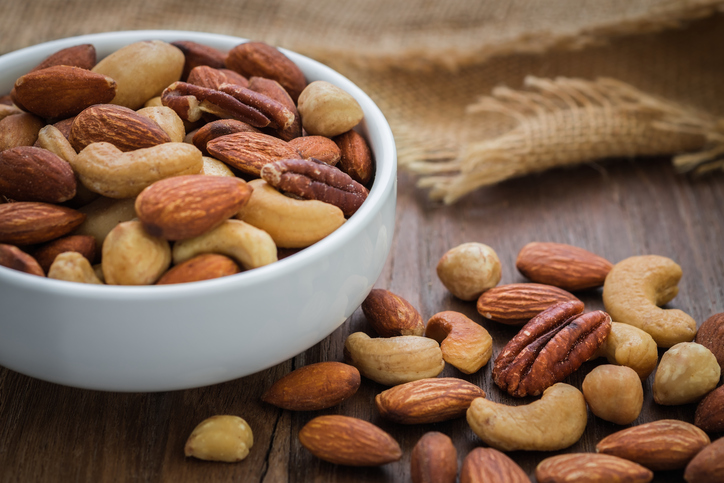Shake Off the Shackles of Fat Phobia

When it comes to dietary fat, what matters most is the type of fat you eat. Contrary to past advice to eat a low-fat diet – which contributed to over-consumption of sugar and refined carbohydrates – newer research suggests that certain types of fat are beneficial and necessary for health.
But although we’ve theoretically left the low-fat era behind, it appears many Americans have yet to fully shake off the shackles of fat phobia.
The 2015-2020 Dietary Guidelines for Americans recommend that, rather than adopting a low-fat diet, we should focus on eating foods rich in healthful unsaturated fats while limiting foods high in saturated fat and avoiding trans fats altogether.
That advice is supported by research showing that the proportion of calories we get from fat does not affect our risk of weight gain, cancer or heart disease.
Although researchers, dietitians and food bloggers are now singing the praises of healthy unsaturated fats – whose sources include nuts, seeds, avocados, olive oil and fish – apparently that’s not enough. Results from two recent surveys suggest that many of us remain uncertain about which fats to eat – or at all.
This year, the International Food Information Council quizzed 1003 adults ages 18 to 80 for its annual Food & Health Survey. On the subject of fat, the confusion was clear: 39 percent said they were trying to avoid fats and oils, with 30 percent saying they try to avoid monounsaturated and polyunsaturated fats – the types nutrition experts say we should eat.
The super-healthful omega-3 fats are polyunsaturated, but few respondents reported trying to avoid omega-3s – 37 percent saying they were trying to include them in their diets.
With the push toward embracing more healthful fats, why is there still such a disconnect?
David L Katz, founding director of Yale University’s Yale-Griffin Prevention Research Center, said part of the problem may be researchers’ and book authors’ long-standing focus on how much carbohydrates, fat or protein we should eat, rather than on the types of foods we get macronutrients from.
Omega-3 fatty acids- one of many types of polyunsaturated fat – are considered an essential fatty acid, because our bodies can’t make them. Omega-3s have long been known to be beneficial for health, largely because they reduce inflammation, which may help reduce our risk of chronic diseases. The omega-3 fatty acids that have the most established health benefits are those we get from fish and shellfish, especially fatty fish like salmon, sardines, herring and anchovies. Also, from flax seeds, chia seeds, hemp seeds, pumpkin seeds, soy foods, canola oil and walnuts.
